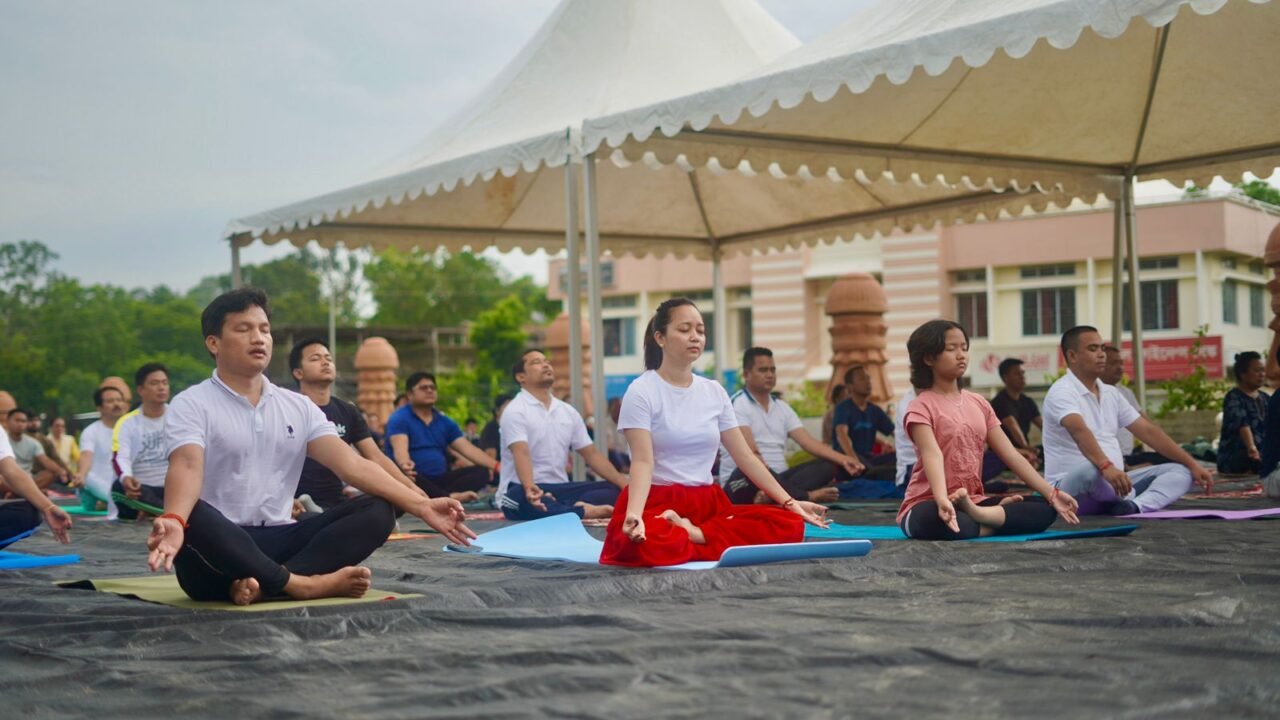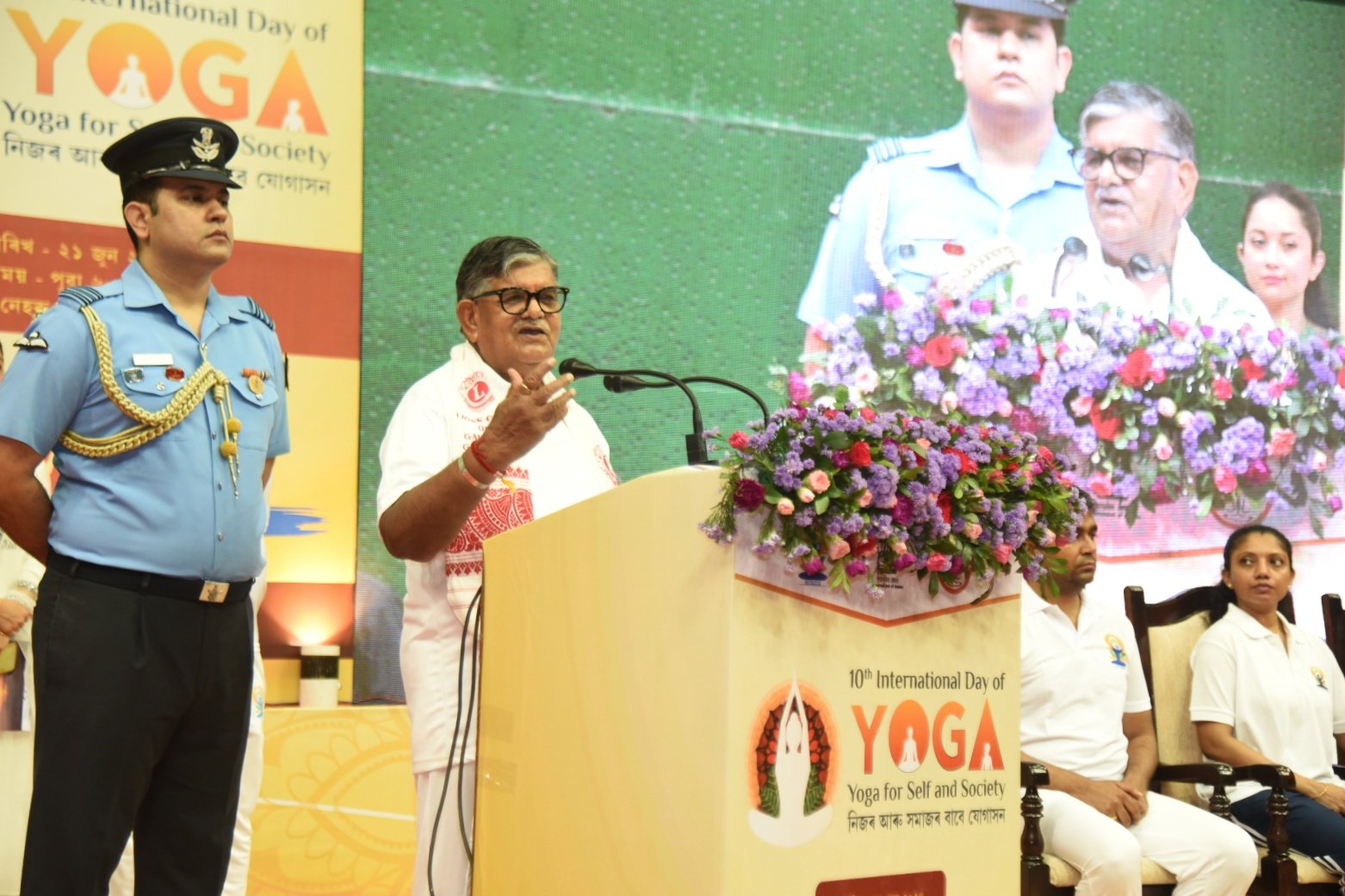HT Bureau
GUWAHATI, Sept 14: Mowsam Hazarika, director of the Assam Seed and Organic Certification Agency (ASOCA), actively participated in a side event centred on the theme ‘Seed Development – Public and Private Seed Sector in India: Way Forward for Self-Reliance’ during the Global Symposium on Farmers’ Rights. The symposium was organised by the Ministry of Agriculture and Farmers Welfare, government of India, on Thursday, at the ICAR Convention Hall, IARI-PUSA Campus, New Delhi.
In his participation, he shed light on several crucial points within the discussion:
Assam has established a Seed Vertical under the World Bank-financed Assam Agribusiness and Rural Transformation Project (APART). This initiative is led by the Assam Seeds Corporation Limited (ASCL). Under the Seed Vertical, activities encompass breeder to foundation seed production within ASCL’s seed farms. Simultaneously, large-scale certified seed production is being undertaken in collaboration with Farmer Producer Companies (FPCs). The primary aim is to achieve self-sufficiency in seed production for key crops, involving farmer organisations. The Seed Vertical has also conducted various training and capacity-building programs related to seed sampling, testing, seed production, and certification at national and international institutes.
The state has renewed its focus on engaging the private sector in seed sector development. There are plans to outsource quality seed production on select ASCL and Directorate of Agriculture farms to leading private seed companies through a competitive and transparent process.
Recognising the private sector’s role in seed business, the state is reinforcing regulation at the district level. This involves strengthening the capacity of agriculture development officers to handle seed sampling, testing, reporting, and related activities.
To streamline the seed sector further, the state is in the process of formulating a seed policy. This policy covers various aspects, including new varieties development, registration and release of new varieties, seed testing, certification, tracking, and tracing, alternative seed distribution channels, and training and capacity building.
Quality seeds of different crops and notified varieties are produced by registered growers under the Assam Seed & Organic Certification Agency (ASOCA). The entire process, from registration to tagging, is conducted through the SATHI portal, recently launched by the government of India. This portal streamlines seed traceability, authentication, and inventory management. It encompasses activities like registration, field verification, seed processing, storage, and seed quality analysis in ASOCA’s seed testing laboratories. The seed growers under ASOCA include Assam Seeds Corporation farms, Krishi Vigyan Kendra, ICR farm, Farmer Producer Company, individual growers, and private firms. So far, the state has registered a total area of 8306 hectares for winter paddy (2023-24) certified seed production of various notified varieties. Additionally, crops like black gram, green gram, finger millet, and mustard will also be registered under ASOCA.
With the initiation of the Assam Millets Mission (AMM), the state has commenced millet seed production, particularly focusing on foxtail millet, followed by finger millet and foxtail millet.
The event witnessed the participation of numerous national and international dignitaries, including Dr Ricardo Bocci from the University of Florence, Mary Ann Balbin Guerrero from the National Seed Industry Council in the Philippines, and Dr S Rajendra Prasad, former vice chancellor of GKVK, Bangalore.
It’s noteworthy that the government of India will consider adopting seed development measures based on the recommendations stemming from this event.







